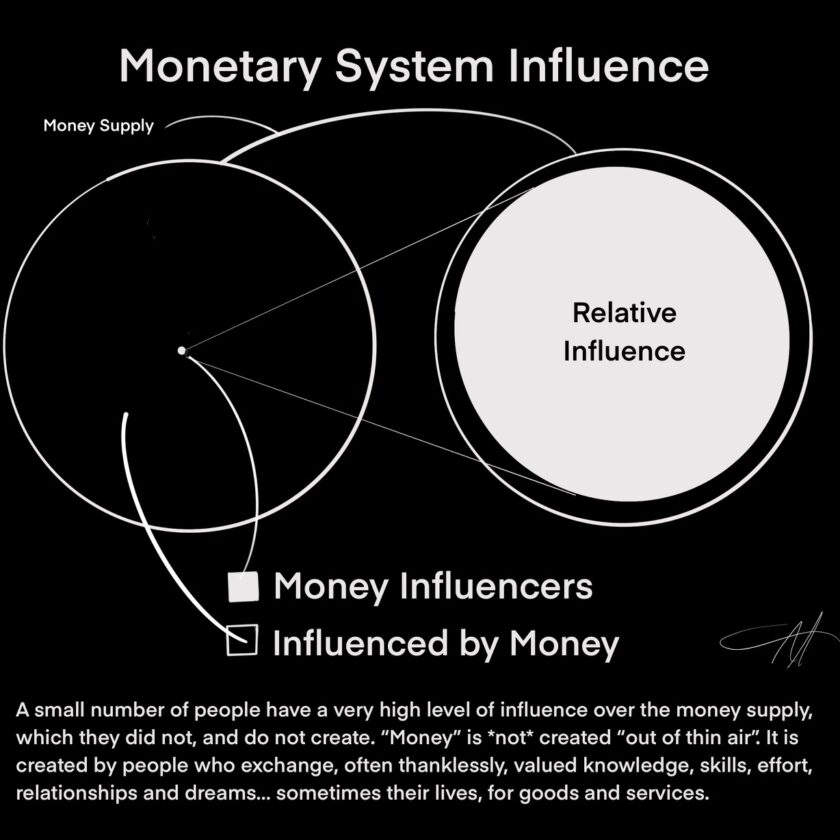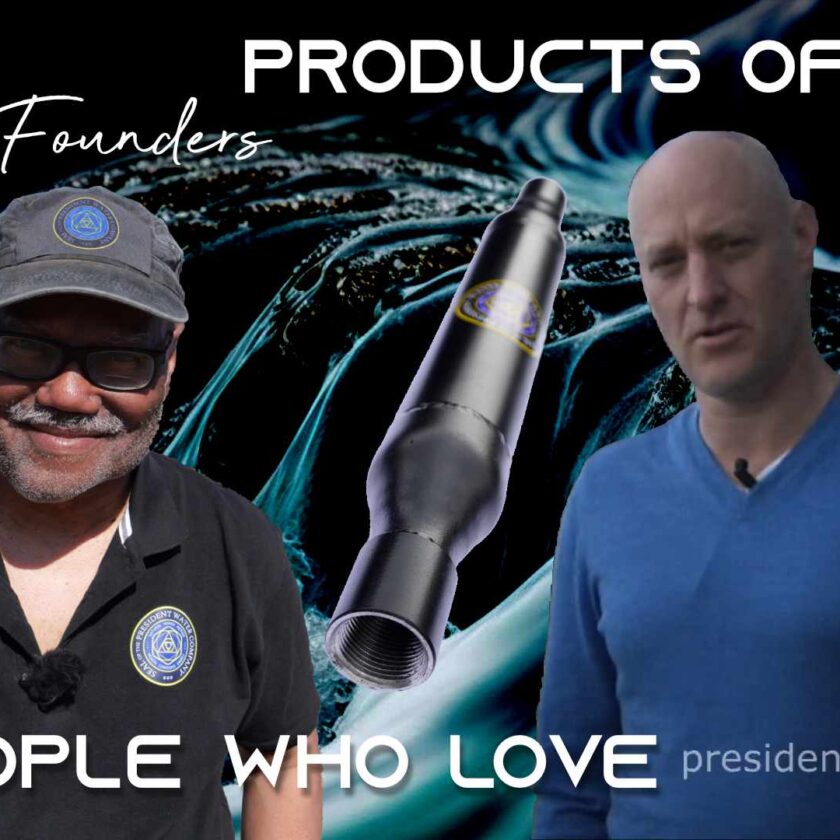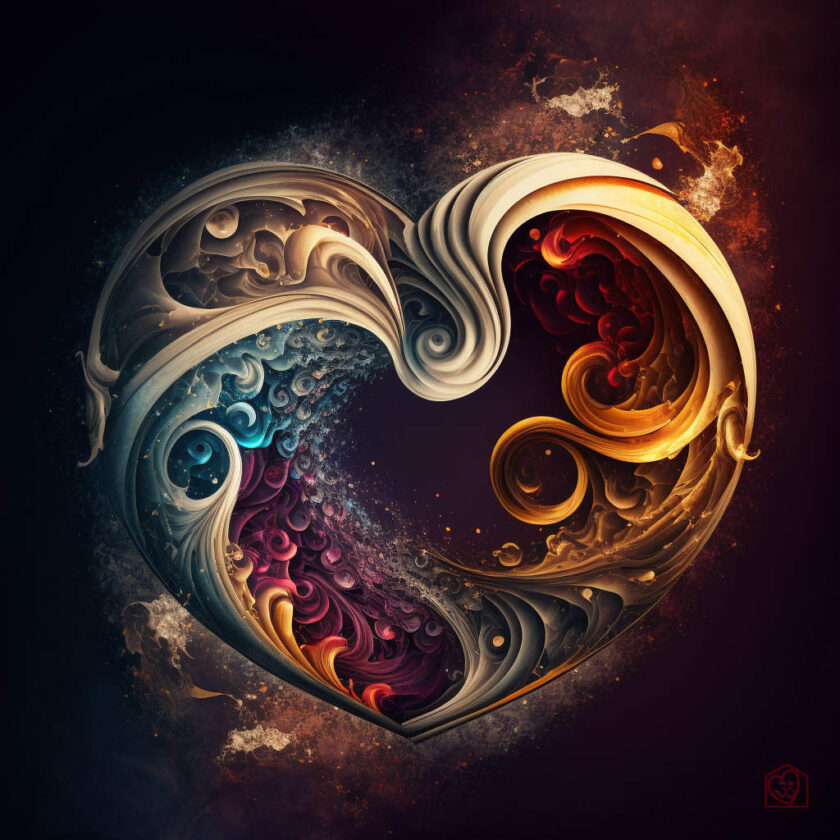The purpose of this treatise, started with Part I, is to examine why peace may be important, or question whether it really is. It seems to be very important. Every fiber of our soul seems to call for it, but we’re certainly not doing it. We’re at odds everywhere. We even have a breed of warriors who refer to themselves as “peaceful”.
With all due respect, isn’t that really an oxymoron?
If you ask me do I want peace in the world, I wouldn’t hesitate to offer an emphatic yes. But that’s me. What about you? If you’d likewise say yes, then what about those who continue ranting and raging, wreaking havoc, pointing guns and missiles toward others, then pulling triggers or pushing buttons? Do you think peace is their goal?
When I ask these questions it almost makes me wonder whether I’m serious about the question, “why bother?” that adorns the title. It might lead you to think that I don’t believe peace will ever happen.
Well, I don’t.
Peace doesn’t “happen,” and never will. However, I do believe it is possible, and will occur, when enough of the human population chooses non-lethal ways to adjudicate its ideological (and sometimes idiotic) disagreements.
For me, peace is possilble now. I live without being a threat to the safety of my fellow space travelers. I wish all nothing but the best of what life has to offer, irrespective of whether the sentiment is reciprocated. That is an example of being peaceful.
At issue is what, if anything, is important enough to encourage us to be peaceful? What is important enough of a reason for you to be peaceful? (For those of you who already are peaceful, you’re excused from the question.)
Well, for me, gaining the understanding that we are all spiritual beings in human clothing helps; that we are all expressions of one God helps. However, that’s not a universally embraced concept. In fact, some of us are quite preoccupied with “righting” the “wrongs” done by “others” so as to impress a God with our goodness. This is despite the fact that they believe God isn’t really all that impressed of them, or ever will be.
A few nights ago I stumbled upon a “classic” Billy Graham film on TV while channel surfing. He made it very clear that every human being was born into sin, and in essence, is a “sinner”. He went on to infer in no uncertain terms, that God wasn’t all that impressed with us. My heart sank as I imagined how so many impressionable minds felt hearing these words.
In fact, I think the aphorism about “sticks and stones” may be wrong, for while they often don’t leave physical wounds, words can indeed hurt a psyche deeply. Psychologically, we are a world of walking wounded, who would benefit greatly by healing.
Perhaps this is why we still lash out at each other enough to stay restless, enough to be willing to be dangerous toward each other.
Does this mean that we’ll never heal enough to know the sweet surrender of peace? I don’t think so. I believe that, when we know who we are… not collectively, but as individuals, when we come to a place of peace within ourselves even while the world still embroils itself in turmoil, then the seeds of peace on earth will have been sown. It is a seed that each must choose to plant on his or her own.
There is also a payoff to be realized that will astound.





I was very moved by this:
“when we come to a place of peace within ourselves even while the world still embroils itself in turmoil, then the seeds of peace on earth will have been sown”.
I wrote a post today called “Unstoppable”. It is knowledge I’ve gained of how social change occurs through working with Beyond War. You will probably find it useful, as I do, in that people who can envision an advanced and evolved world are often stupified about how to live into our visions. How to call forth the reality we can see and feel in our hearts.